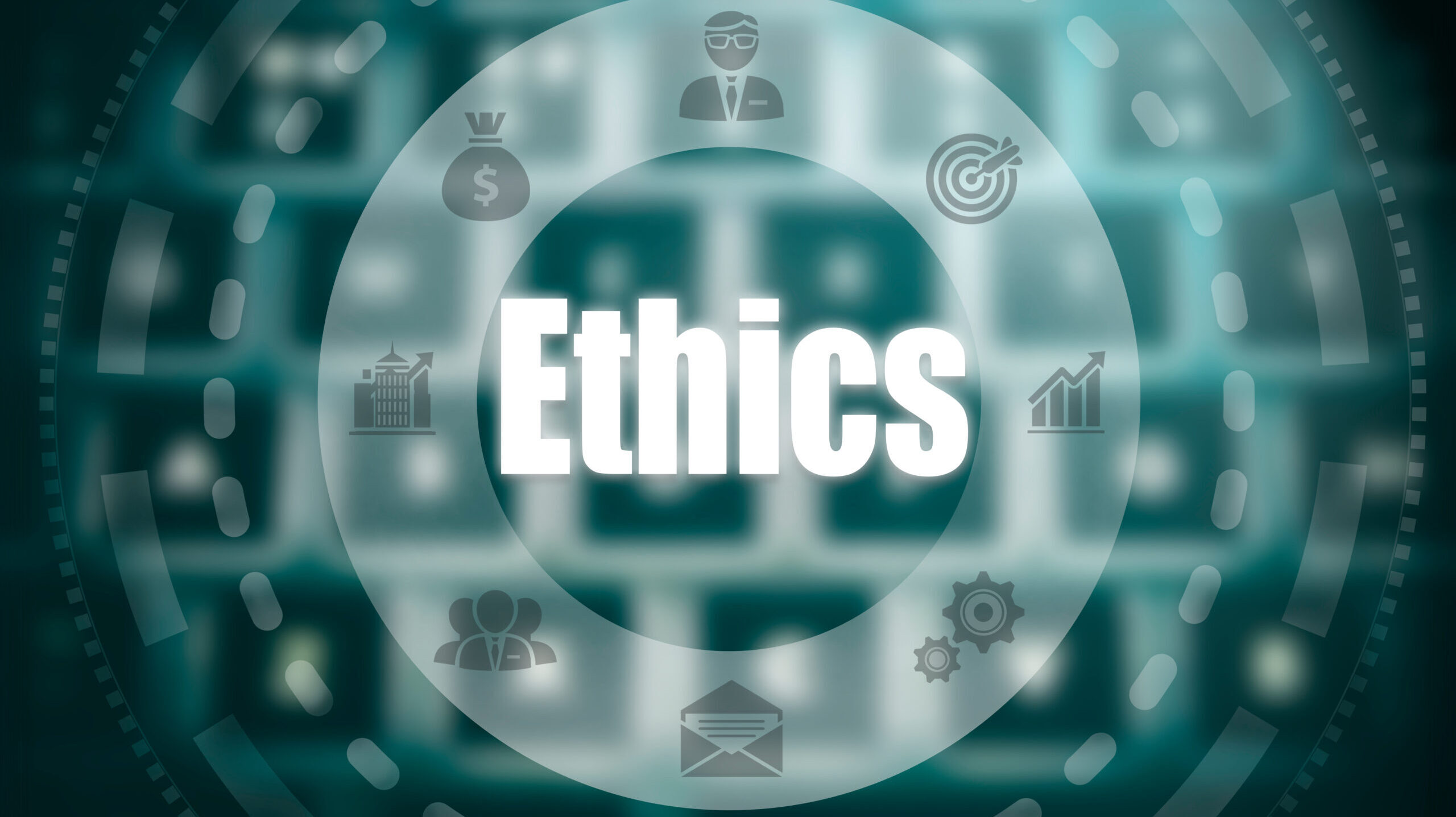In an era where transparency and accountability in government are more crucial than ever, the proposed overhaul of the Ethics Commission is not just a step back; it’s a leap into the abyss of opacity and potential corruption.
Established in 1973 as an impartial watchdog against the misuse of public office, the Ethics Commission has at times stood as the only state entity to hold public officials accountable. However, the current legislative proposal to rewrite the Ethics Act represents an alarming deviation from this pursuit.
The 2018 Ethics Code Revision Commission, comprising a diverse group of stakeholders, wisely refrained from advocating a total overhaul. Their recommendations aimed at refining, not gutting, the Ethics Act. Yet, the current bill seeks to repeal and rewrite the Act entirely, a move that starkly contradicts these earlier, more measured suggestions.
Transferring the responsibility of interpreting misuse of office from the Ethics Commission to district attorneys and the Attorney General fragments the oversight, inviting inconsistency and potential conflicts of interest. The demarcation between criminal and civil aspects is impractical, given their interwoven nature. Moreover, the diminished role of the Ethics Commission in providing uniform advice and investigating violations before they reach prosecutors weakens the proactive approach needed to deter corruption.
The proposed bill blurs the lines of ethical conduct. Allowing officials to accept unlimited gifts from vaguely defined “friends,” solicit gifts from subordinates, and broaden the definition of a family member all open the floodgates to conflicts of interest and corruption. Decriminalizing certain behaviors, reducing disclosure requirements, and diminishing penalties for misuse of office are steps in the wrong direction.
Perhaps most concerning is the bill’s provision making the Ethics Commission answerable to the Legislature, constitutional officers, and the Attorney General. This change fundamentally undermines the Commission’s independence, compromising its ability to function as an impartial regulatory body.
The changes in definitions and classifications relating to misuse of office, gift bans, corrupt influence, conflict of interest, and the revolving door policy dilute the robustness of the existing Act. These amendments open loopholes for unethical behavior, diminish the severity of penalties, and, in essence, lower the ethical standards expected of public servants.
The proposed bill fundamentally alters the existing Ethics Act, raising several concerns about its potential impact on ethical governance and corruption prevention. The following is a breakdown of the changes and their impact on the Ethics Code.
Shift in Responsibility and Oversight
Inconsistent Application Across Districts: Delegating oversight to 42 different district attorneys could result in varying interpretations and applications of the law, leading to a lack of uniformity in handling ethics violations.
Separation of Criminal and Civil Aspects: The practicality of this separation is questionable, given the often intertwined nature of criminal and civil ethics violations.
Diminished Role of Ethics Commission: The removal of the Commission’s advisory role and investigative powers could lead to a gap in centralized, expert guidance on ethics, increasing the risk of unintentional violations.
Burden on Local District Attorneys: Without the Commission’s involvement, local prosecutors may struggle with the additional responsibility, especially in complex cases, potentially leading to inadequate enforcement.
Removal of Alternative Resolution Methods: Eliminating the option to resolve cases with fines could lead to an over-reliance on criminal prosecution, which may not always be the most effective or appropriate course of action.
Lack of Exculpatory Evidence Disclosure: This omission could lead to unfair prosecutions and a decrease in transparency in the judicial process.
Restricted Whistleblower Protection: Limiting protections could deter whistleblowing, a key mechanism in exposing corruption and unethical practices.
Reduced Barriers to Corruption
Undefined Gift Acceptance: The lack of a clear definition of “friends” and permission for officials to accept unlimited gifts raises significant concerns about the potential for undue influence and corruption.
Conflict of Interest: Broadening the definition of family members and reducing conflict of interest safeguards could lead to an increase in nepotism and favoritism.
Decriminalization and Reduced Disclosure: These changes could create a more permissive environment for unethical behavior, with less accountability for public officials.
Reduced Independence of the Ethics Commission
Making the Commission answerable to the Legislature and other political offices could compromise its independence, leading to potential political interference in ethics oversight.
Fundamental Changes in Provisions
Use of Office for Pecuniary Gain: The redefinition could either narrow or broaden the scope of what constitutes misuse of office, depending on the specific changes made.
Gift Ban: Altering gift rules could lead to increased influence by lobbyists and special interest groups.
Corrupt Influence: Requiring a contract or agreement for corruption charges could make it more difficult to prosecute subtle forms of corrupt influence.
Conflict of Interest: Changing these provisions could weaken safeguards against self-dealing and personal enrichment.
Revolving Door: Easing restrictions on post-public service employment could lead to conflicts of interest and unfair advantages for former public officials.
Incomplete Sections
Statement of Economic Interests: Without details on the changes to this section, it’s challenging to assess the full impact of the bill in this area.
Overall Assessment
The proposed bill appears to significantly weaken existing ethics laws and oversight mechanisms. The changes could lead to increased opportunities for corruption, reduced accountability for public officials, and a potential decrease in public trust in government. The bill’s departure from the recommendations of the Ethics Code Revision Commission also raises concerns about its alignment with best practices in ethics governance.






















































